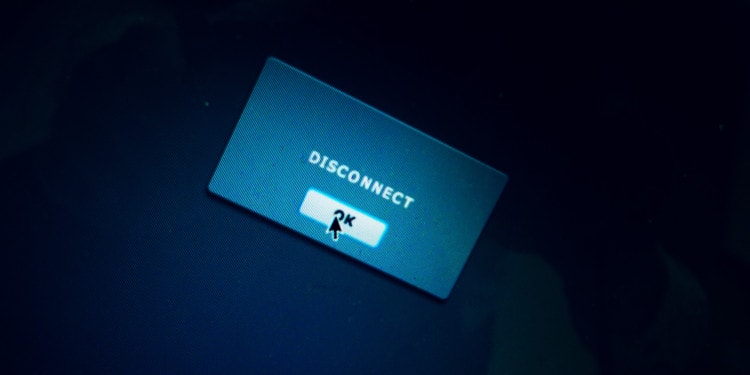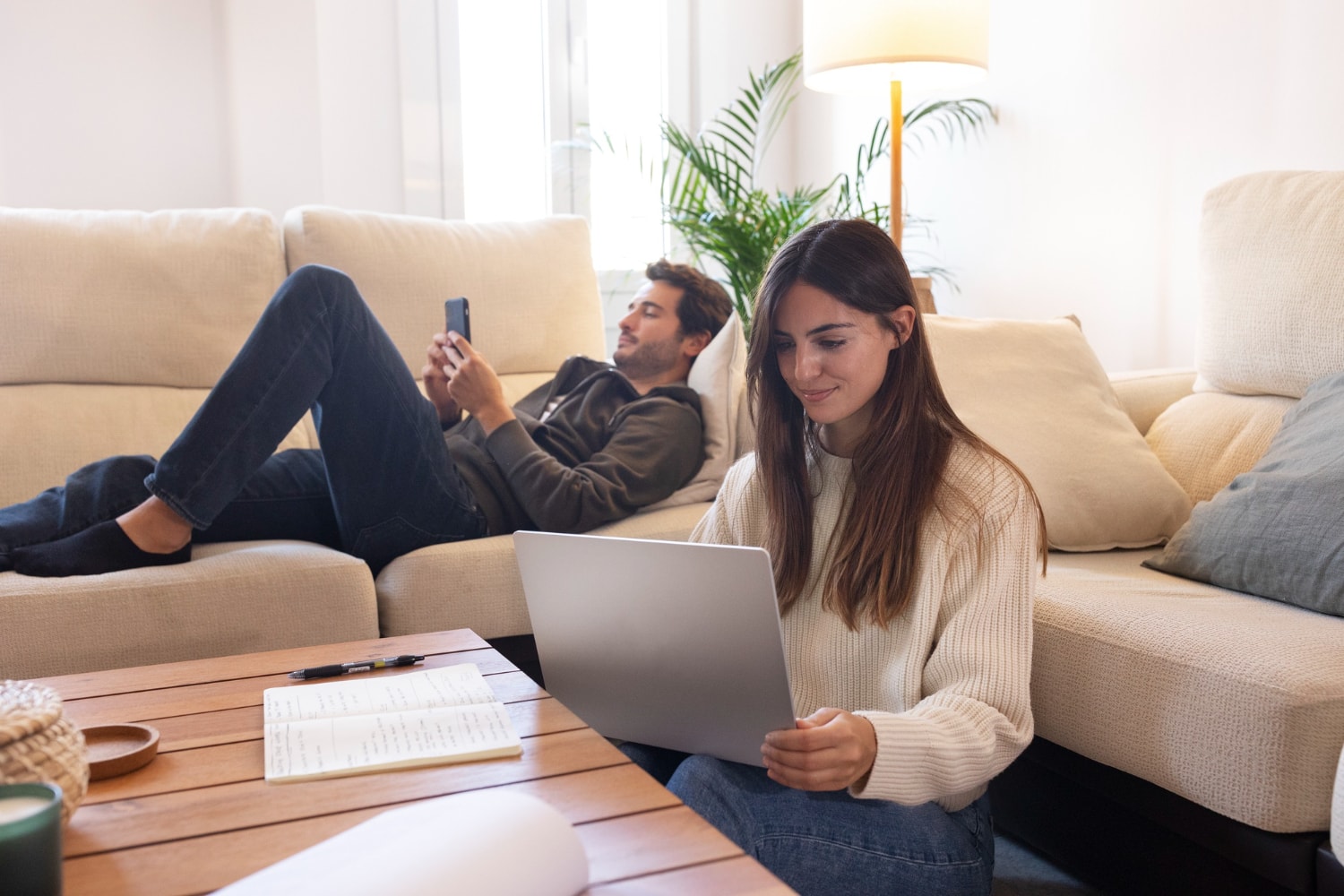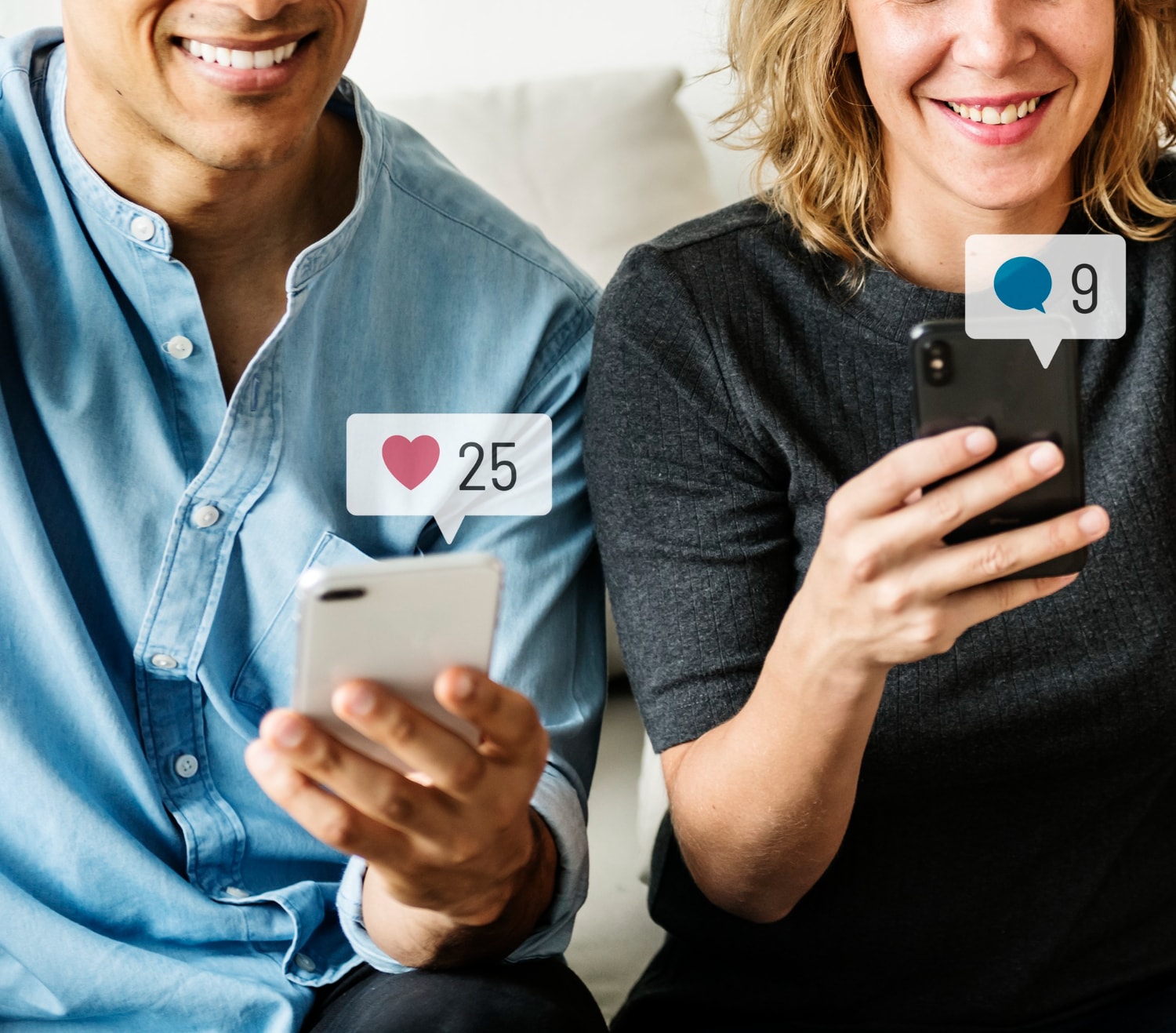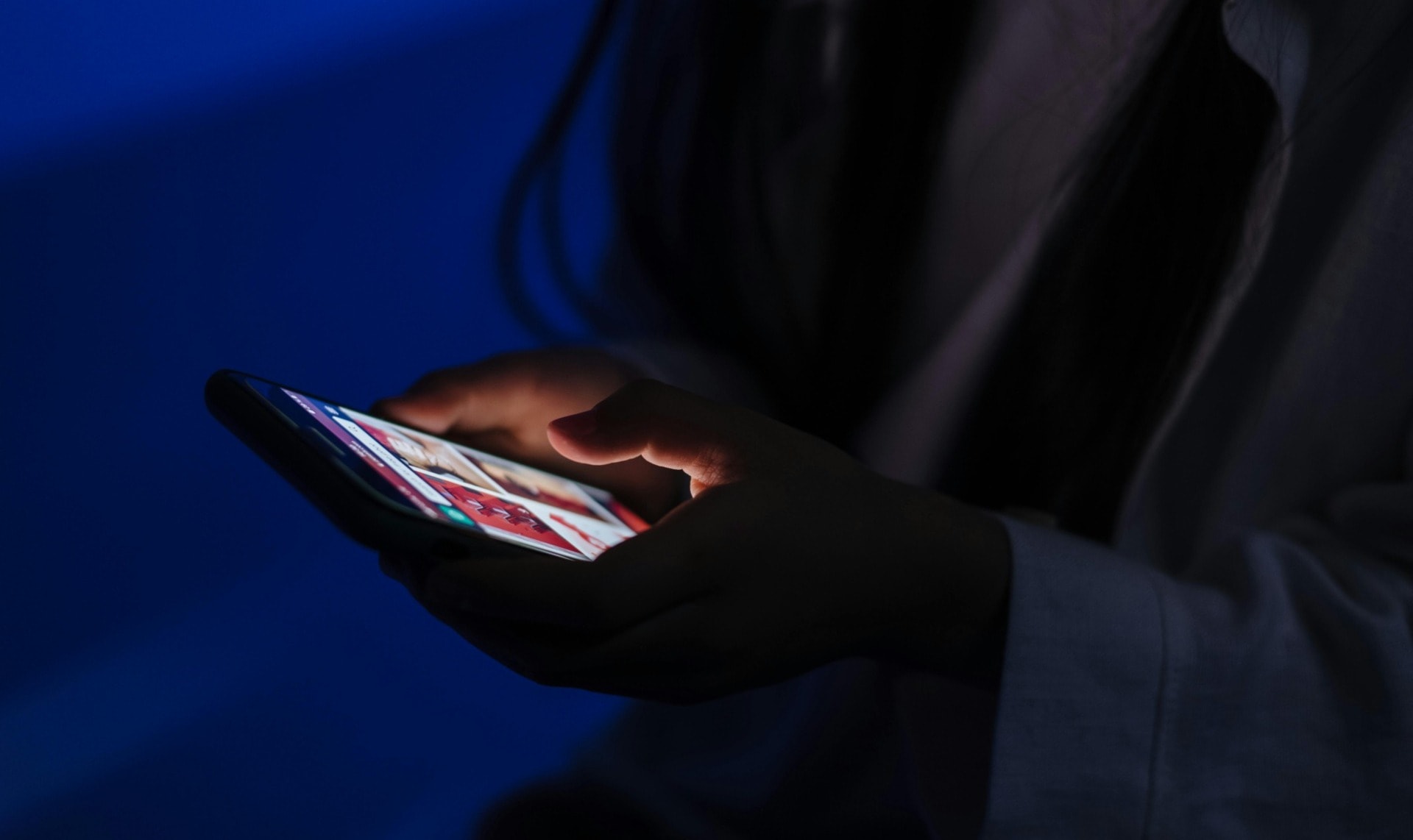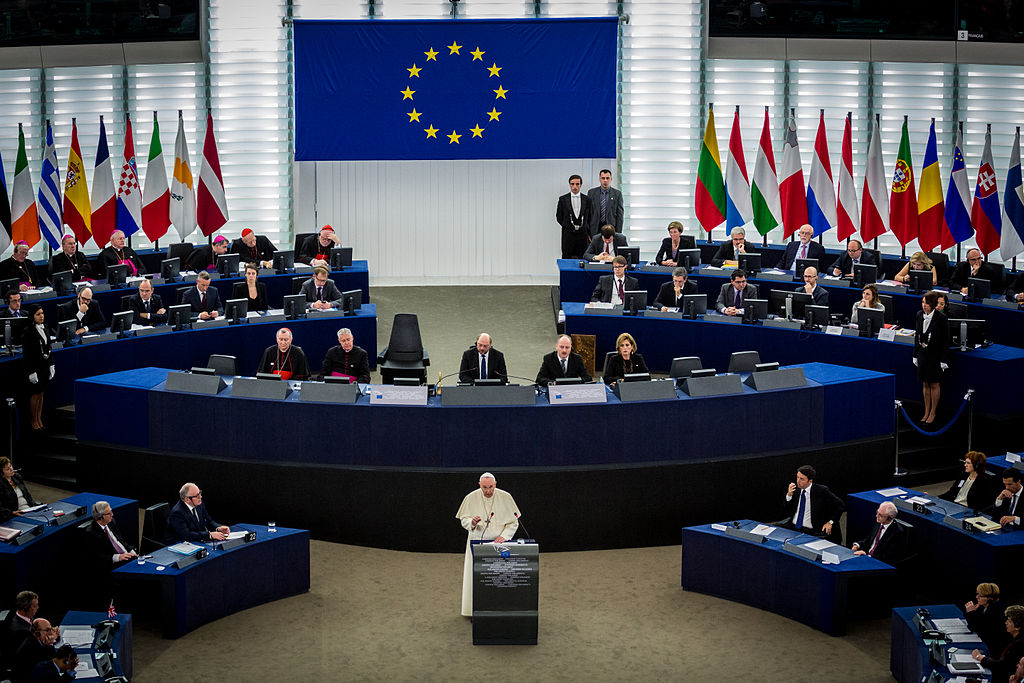Whether for work or lifestyle, we are constantly staring at our phones and checking our socials and email inboxes. There was a time not too long ago when an internet connection was only available on computers and the best-case scenario was to carry laptops around. The interconnected world was primarily reserved for “nerds” who were basically people spending a lot of their time in front of a computer screen.
The internet swiftly took over mobile phones, and they, too, quickly changed into devices with apps that can have multiple functions. Some of those can be useful on a daily basis (for example a navigation app). Other functions that are there simply for entertainment, and some others that are used for job-related activities. Unfortunately, many of those apps may turn into a major source of stress for the user.
Being able to disconnect from those is hard but necessary. The benefits of switching off and disconnect from all your devices are several and might include having more time for other activities and reducing your stress levels. To further lower your stress level and to truly relax, you can use the best value massage chairs.
We can classify all the apps/socials/portable electronic devices we should disconnect from into two different categories: in the first category, we can include social networks and any other app we use for fun; in the second category, we can fit emails and work-related apps.
Disconnecting from socials and apps we use for leisure has its benefits but can cause symptoms such as loneliness, anxiety, boredom and depression. To prevent that from happening, consider using Flora CBD products. Many of those happen due to a fear of missing out (FOMO). FOMO is the feeling a social media user has when seemingly left out from what is happening in the world when he or she is not using socials. Studies have shown that social users have a higher level of stress compared to non-social users. According to some studies, the stress level could potentially lead to serious sickness like asthma.

Critics of those theories have done research to show the stress level is not increased by the use of social networks per se, but most likely by reading about and reacting to other people’s stressful events through socials.
Socials have invaded our private life and feed a desire to constantly share what we are doing. High-quality cameras on phones, together with the opportunity to go live on social networks, help satiate that desire. What is everyone’s first reaction when seeing something beautiful or strange or an event happening? Of course, to take a picture or make a video. We almost forget about living in the moment itself.
In other contexts, apps allow users to share their leisure activities. Sport-related apps might push you to share your activity. Being athletic has nothing to do with the internet, but running apps allow other users to cheer for you. Tennis apps let friends know how well you performed in a match.
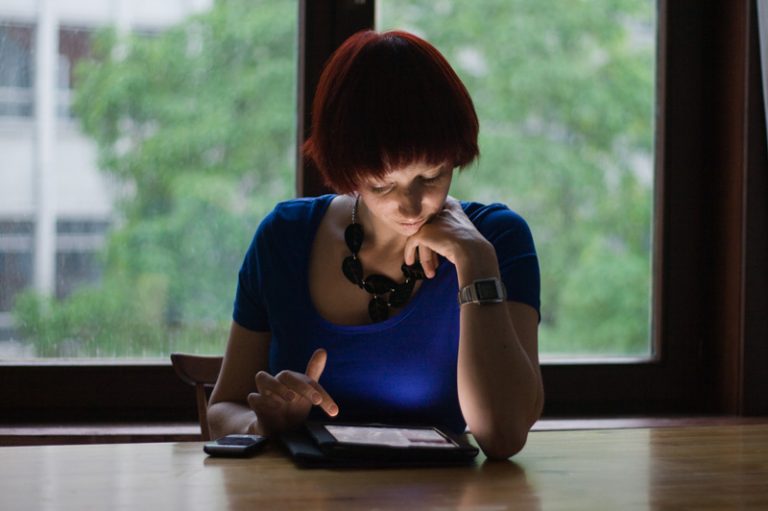
The question is: is this necessary? What consequence may it cause if, for instance, no one likes your just shared 10k running session?
Have you ever felt disappointed if your status/picture/shared activity has not gained many likes? If the answer is yes, then you might be a victim of the stress from social media and smartphones.
The connected world can also cause significant stress with work-related apps and emails. We now have the ability to work all the time. Even during a day off, we might still receive messages and notifications. According to some research, checking emails on days off can cause stress because it doesn’t allow workers to fully relax and enjoy their leisure time.
Related Articles: The Refusal of Work | Hardly Working
The feeling of anxiety caused by work emails read on days off is very strong for some workers, especially if they are reminders of deadlines or meetings, to handle this in the best way according to doctors you can use the Delta 8 THC cartridges. In the United Kingdom, two different initiatives related to the disconnect from the constant use of the internet are taking place. One initiative is public in regard to the London Underground (the Tube) riders and the other is in the private sector, run by Virgin Media.
The American Psychological Association suggests setting boundaries, such as not checking work emails on weekends. Some companies understand the health benefits and do not allow work on off hours. They believe a fully rested employee on Monday morning will always work better compared to someone who has spent his weekend concerned about his job.
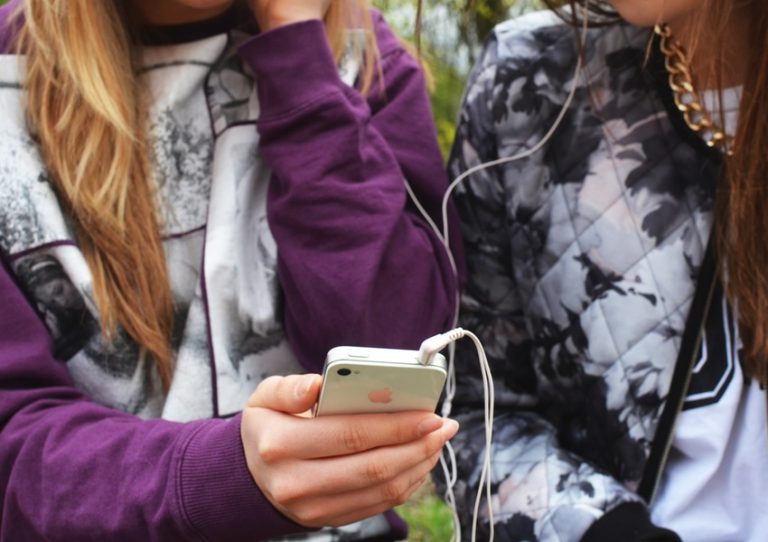
The Tube has placed ads throughout its metro stops that invite costumers to stop staring at their phones and start talking with one another. The London Tube initiative is called Tube Chat and wants to promote a real connection among riders. Maybe it is a good start. It might feel awkward for people involved as it is not a common habit anymore to communicate in real life rather than online.
Virgin Media is forcing its employees in their office environment to stay away from the computer screen for at least two hours during the workday. They can use these hours on different activities such as spending time in the office common area or gym. The idea is to have the employee more relaxed and with greater energy and focus for work after the break.
These two approaches could potentially be applied in other contexts as well.
It would be advisable for everyone to disconnect for a few hours per day at least. See if it is possible to live without the social and leisure apps for a short period of time. Notice if there are any benefits in their absence, such as a decrease in stress levels and more time for leisure activities. While it is hard to avoid work-related apps, see if it is possible to set limits and boundaries to our job responsibilities on off-hours.
Gaining control again of your personal life, getting out of the connected reality to see the real world again is within reach. It only takes the willingness to turn off our devices.
Editor’s Note: The opinions expressed here by Impakter.com columnists are their own, not those of Impakter.com. — Featured Photo Credit: Tomaz Stolfa.
First published in October 28th, 2016. Updated 01.01.2021


